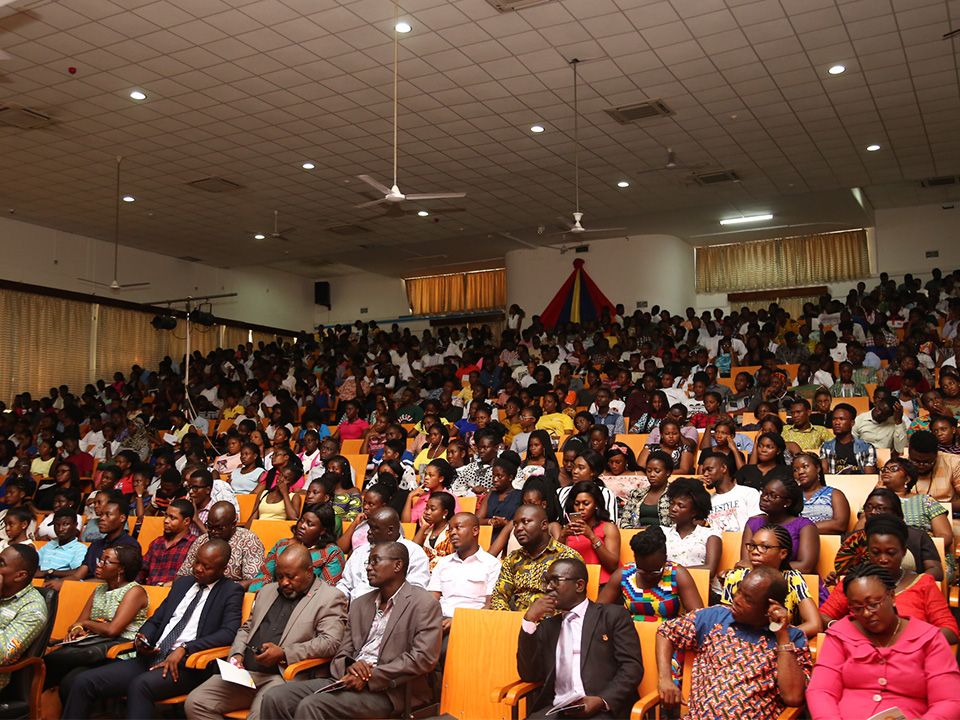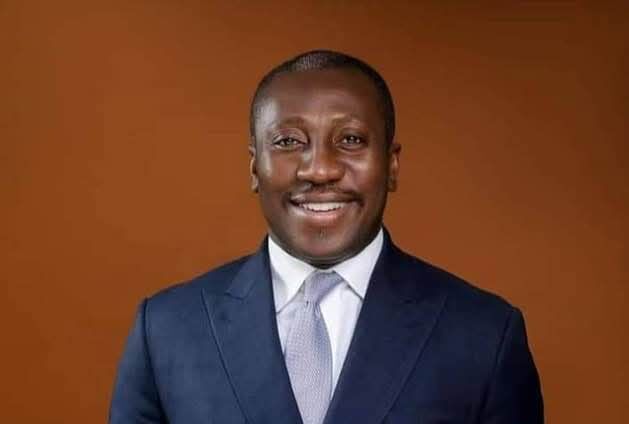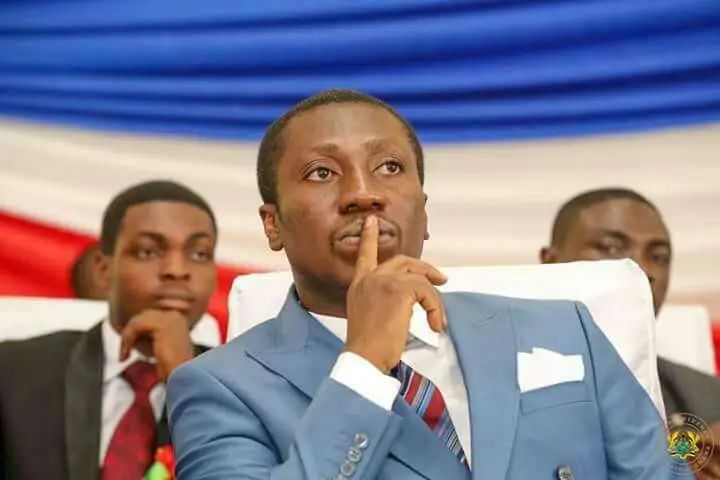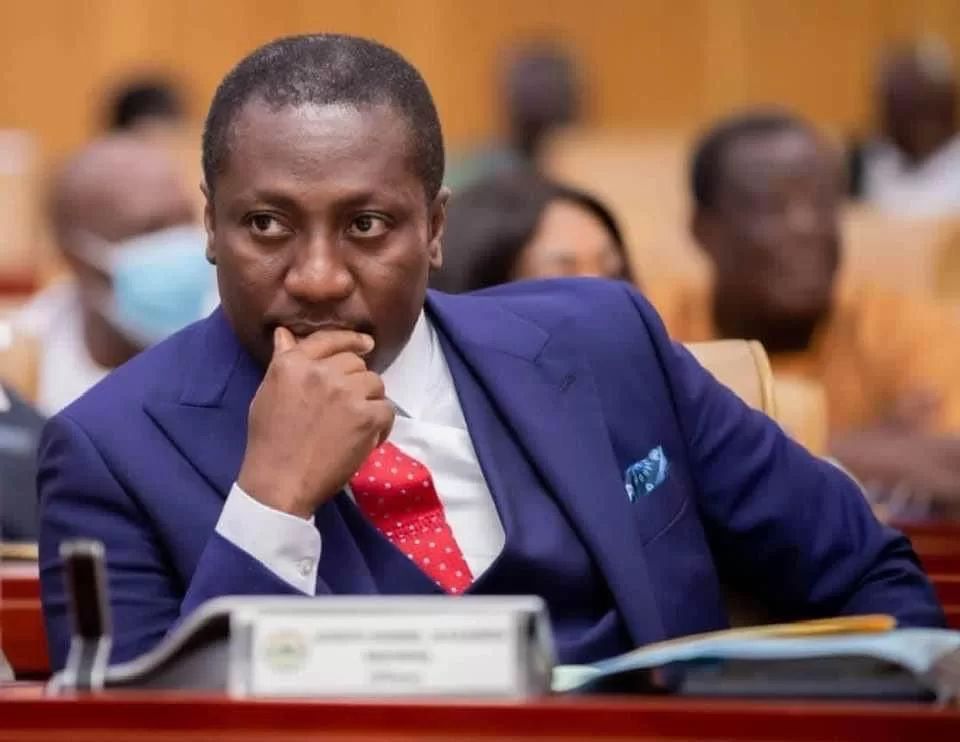Minority Leader Provides Financial Aid to UG Students
Minority Leader in Parliament, Alexander Afenyo-Markin, has provided GH¢105,000 in financial assistance to students of the Volta Students Association at the University of Ghana. The money was disbursed among 33 beneficiaries to help them settle outstanding tuition fees and avoid potential academic disruptions.
The Effutu legislator described the initiative as a personal commitment to supporting young people in their academic pursuits. He explained that his intervention was not based on political affiliations or regional considerations but rather on the principle of assisting brilliant yet financially challenged students.
Afenyo-Markin’s Student Support and Its Impact

In addressing the students, Mr. Afenyo-Markin encouraged them to make the most of the opportunity, reminding them that education remains a reliable pathway to empowerment and nation-building. He urged them to persevere despite life’s challenges, stressing that determination and faith could help them overcome difficulties.
For the 33 students, the Minority Leader’s support is more than financial aid; it represents an opportunity to continue their education without fear of being deferred for non-payment of fees. Rising tuition costs at universities across Ghana have left many students struggling, with some forced to abandon their studies altogether. This intervention therefore comes as a timely lifeline.
Political Philanthropy: Tradition and Debate
Afenyo-Markin’s student support is not an isolated case but part of a broader pattern where Ghanaian politicians use personal resources to address community needs, particularly in education and healthcare. These philanthropic gestures are often welcomed by recipients and their families.
However, political analysts caution that such practices also open debates about sustainability. While immediate relief is provided to a handful of students, the structural problems of education funding remain unresolved. Critics argue that while philanthropy is commendable, the state must play a stronger role in guaranteeing equitable access to education for all citizens, not only for those fortunate to receive a politician’s intervention.
Historical Context of Student Aid in Ghana
Over the years, various politicians have provided scholarships, laptops, and learning materials to students in their constituencies. For example, several MPs have supported brilliant but needy students through private foundations. These gestures often attract public admiration but also raise questions about whether they indirectly serve political interests by building goodwill ahead of elections.
Ghana’s education funding challenges are not new. The introduction of the Student Loan Trust Fund and more recently, the “No Guarantor” policy in 2022, were attempts to address financing gaps. Yet, many students continue to report difficulties accessing loans on time or meeting eligibility criteria. As a result, personal philanthropy has become a stopgap measure in many communities.
Afenyo-Markin’s Student Support and the Bigger Picture

The Minority Leader’s donation highlights the dual reality of Ghana’s education sector: the determination of individuals to contribute positively and the pressing need for systemic reforms. While his GH¢105,000 support provides immediate relief, thousands of other students across universities remain at risk of dropping out due to financial hardship.
Civil society organizations have consistently called for stronger policy frameworks, such as expanding the national scholarship scheme, increasing government bursaries, and creating a transparent system to support needy students. Such reforms would ensure that support is institutionalized rather than left to individual benevolence.
Implications for Ordinary Ghanaians
For ordinary citizens, Afenyo-Markin’s gesture underscores the high cost of tertiary education and the gaps in the current funding system. Parents and guardians struggling with fees may view this as a reminder of the need for broader reforms to make education more accessible.
The initiative also reflects the cultural value Ghanaians place on education as a vehicle for social mobility. Families across the country often make significant sacrifices to ensure their children pursue higher education. Acts of support such as this reinforce the message that investing in education is central to national progress.

Practical Takeaway
While acts of generosity by public officials should be acknowledged, sustainable policy changes remain the most effective solution to Ghana’s education funding challenges. For students and parents, the lesson is to take advantage of available support systems such as the Student Loan Trust Fund and scholarship schemes, while also advocating for reforms that ensure no one is left behind because of financial hardship.
For policymakers, Afenyo-Markin’s student support serves as a reminder of the urgent need to strengthen institutional solutions so that access to higher education does not depend on individual acts of philanthropy.
Read also: Explosive Abronye Arrest Triggers Negative Debate on Ghana’s Political Freedoms

